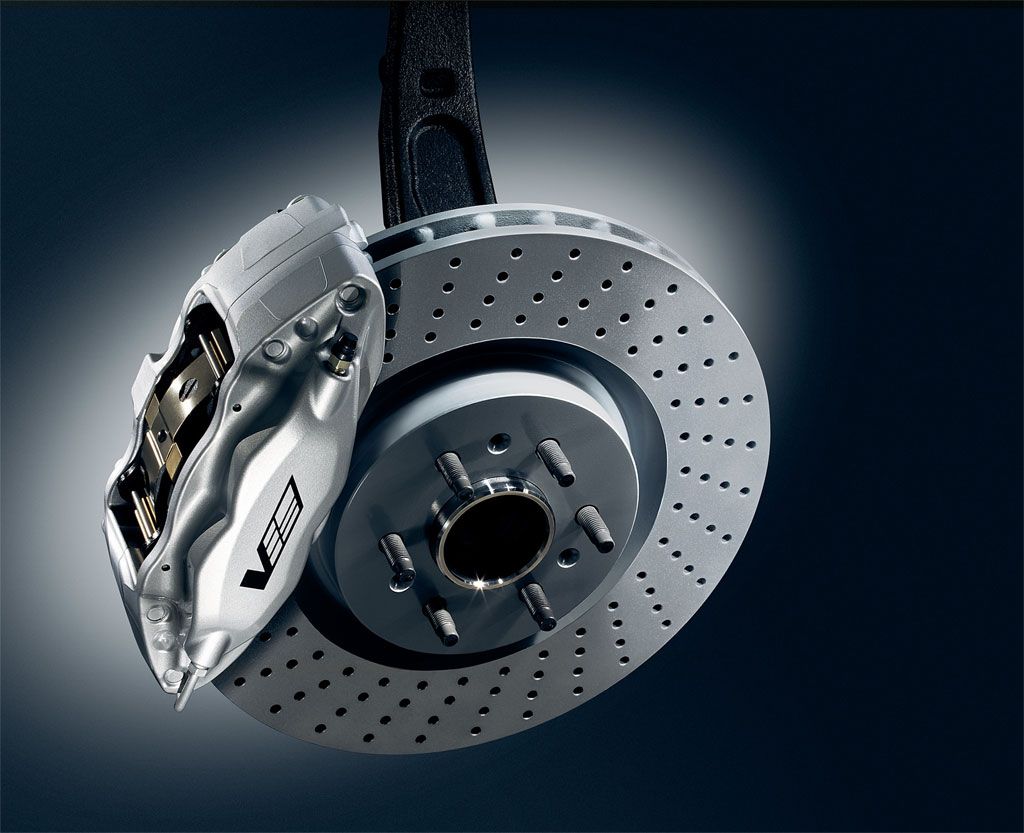
Trouble and squeak! How to sort your noisy brakes
If there’s one common complaint from motorists that we really relate to, then it’s the one about their noisy brakes.
There’s few things more irritating when driving, is there?
Fortunately, squeaky brakes are a fairly easy and affordable fix and they’re not necessarily dangerous, so there’s not usually a need to panic.
In this blog, we aim to give your ears a ‘brake’ by answering some common questions on the matter.
What causes the squeak?
Most modern brakes use a cast-iron disc squeezed between two brake pads lined with friction material.
The noise comes from the interplay between a brake disc, a caliper, and a pad. Affected systems will emit a noise when pressure is applied from the caliper on the disc. You can slam on the brake pedal or carry more/less speed into each braking manoeuvre, but your brakes could still howl because of the contact between your pad and the disc.
If you notice your brakes only make noise sometimes, it might be due to moisture-turned-rust on the surface of a disc or pad. This can happen as quickly as overnight, and there may be some squeal until all of the rust has been scrubbed from the components. Here again, this is nothing to worry about.
What factors make your brakes squeak that you needn’t worry about?
What you should worry about (and check) is if the sound is coming from worn out brake pads.
The sound you are hearing when you brake may be a good thing for your safety. Most brake pads have a built-in piece to alert drivers that it’s time to change the brake pads. When the brake pads wear thin, the little piece of metal drags along the metal brake disc, making a high-pitched sound when applied. That sound means you have reached the recommended wear limit and should replace the brake pads.
How do you fix squeaking brakes?
1. Manage your driving
The simplest solution is to deal with squealing brakes, especially if your brakes only squeal when strained. Working a brake hard with frequent use, heavy loads, or steep declines will heat up your brakes, causing them to squeal.
Downshift into a lower gear rather than relying on your brakes when driving down steep grades.
Safer driving distances between cars help avoid overusing or slamming on brakes.
Limit your load weight to reduce pressure on the brakes (use an appropriate vehicle for the haul).
2. Brake Lubricants
Just like you might grease a squeaking door, a lubricant or brake grease is an easy solution. They come in a variety of forms, including tubes, cans, and sprays. Brake lube is especially helpful for people whose brake noise is coming from rust, dust, or sand.
3. Anti-squeal adhesive
Anti-squeal adhesives, or damper pads, take a different approach than lubricants. A sticky film or fluid is applied to the area where the brake pad attaches. These are intended to absorb the vibrations that cause brake noise.
In conclusion:
Lubricants and adhesives as stated above tend to be a temporary fix, and if you’re looking for a longer term solution and are just at the end of your tether with the squeaks and squeals generally, then why not bring your car in to one of our depots.
We can give your brakes a good once-over, free of charge, to see how they’re looking and how much life they have left. From then on, one of our technicians will be able to advise on next steps, giving you much needed peace-of-mind…
…and giving your eardrums a rest in the process!
